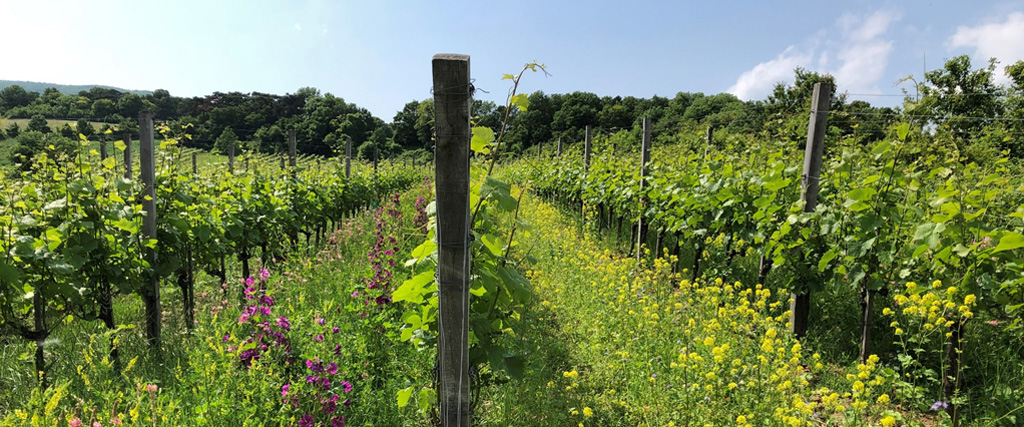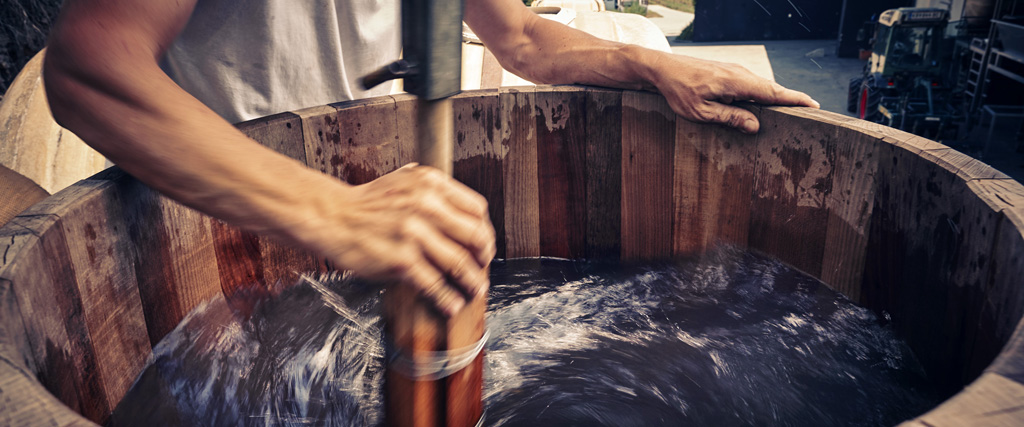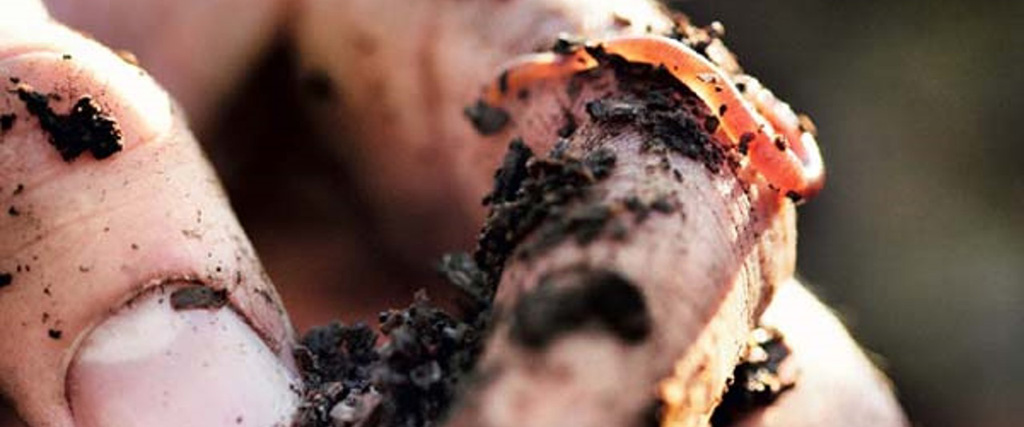Biodynamics: And suddenly nothing is the way it was
“You can’t get a little pregnant”. “A little bit bio” – no less little. Whoever gets involved in biodynamic agriculture and in the thoughts of Rudolf Steiner, the biodynamic visionary and Austrian natural scientist, will soon see and evaluate each of their own actions with different eyes. The aim of biodynamic agriculture is to create a healthy balance in soils, plants, animals and people and to strengthen the natural defences. In 2006, we took up this challenge and converted our vineyards to biodynamic agriculture.
Biodynamics: pure origin
The determining factor for the quality of a wine is its origin. And we are convinced that biodynamics is pure origin. Biodynamics enhances the character of the wine, makes it more vibrant and expresses the characteristics of its origin more precisely. Each of the many measures and steps involved in biodynamic wine-growing give to the wine a piece of its origin, its environment and its creator.


Farm individuality: A living organism
In the spirit of biodynamic agriculture, our winery is a living organism in its entirety. Our vineyards, our buildings, the plants and the animals are all part of this system. And so are the people who work in our winery as well as those who are connected to us through the enjoyment of our wines. Based on this, we strive for an ideal that Rudolf Steiner called “farm individuality”. It could also be called, more simply, “good agricultural practice”.
Manual and mental work: Preserving and changing
Care and dedication are prerequisites for biodynamic farming. Only through these can we recognise the needs of our vines. So it is, therefore, only logical for us to rely on manual work in the vineyard – from gentle pruning to meticulous, selective harvesting. And, if necessary, we sort the grapes again in the press house! Careful handling of the soil also promotes the diversity of plants and animals. And this diversity, in turn, is the basis for healthy vineyards. We make use of the forces and interrelationships in nature and respect the knowledge of our ancestors, but we also always keep an eye on the latest know-how and technology for modern agriculture. In pursuing our goal of producing wines with regional character and typicity, we prefer an independent and undogmatic approach.


Biodiversity: The golden age of vitality
Buckwheat, marigold, chamomile, yarrow, cornflower, poppy, hedges and trees, worms, ants, bees, butterflies, ladybugs …all are a part of biodiversity and contribute to keeping the soil and vines in our vineyards healthy. This is the foundation on which colourful vitality blossoms. In other words, the opposite of monotony.
Compost & humus: Elixir of life and CO2 binder
Humus is literally the soil on which our life grows. And, crucially, in times of climate crisis, humus binds CO2. This is the main habitat for the diverse world of soil-dwelling organisms; this is where the nutrients for our vines rest. With biodynamic compost preparations, such as nettle or oak bark, we give this humus a proper boost of vitality and health. The compost is built up layer by layer from vine prunings, tree prunings, grape marc and animal dung – all from the area. Also for the vineyards, we use horn manure (cow horns filled with cow dung) buried over the winter, and cow horns filled with crushed quartz, buried over the summer. In order to ensure that our enthusiasm with the field spray preparations is widely spread, we stimulate them first with water and intensively stir by hand.


Plant care: From nature’s pharmacy
Like it always is with life: Even our vines aren‘t spared negative influences. Heat, hail, fungi, insects and much more can really get to them. So we make them strong and resistant. With what? Logically, with active ingredients provided by nature and which we apply in the vineyards as teas and extracts. Field horsetail, for example, is utilised to dry, support and stimulate; nettles strengthen the vine’s immune system; chamomile has a calming effect, and birch leaves help protect against fungi and spores. Potential troublemakers in the vineyard, such as the grape berry moth, are not fought in a brutal way, but instead are so confused by our applied sexual “perfume“, that they fly away. Copper and sulphur are used to protect the plants against mildew, botrytis and mites.
The cellar: Always natural and sometimes wild – but never by chance
We let natural processes work for us also in the cellar. The fermentation is spontaneous, due to the natural yeasts that are present in both the vineyard and cellar. We wait, observe and learn. And we intervene when necessary, but only cautiously. That is why, for all their naturalness and wildness, our wines are never products of chance – they are personalities with individuality, soul and temperament. Also, our wines are matured in wooden barrels or stainless steel tanks. The one thing that all of these wines have in common is this: They need time. Time to become, time to mature, time to enjoy.
“respekt-BIODYN”: Our way to biodynamic quality
Respect is our ideal. Which is why respekt-BIODYN is the way we want to achieve this ideal for our products and processes. The respect-BIODYN logo on our wine labels guarantees that the grapes not only are “organic according to EU Regulation”, but also meet the much stricter respekt-BIODYN guidelines. respekt-BIODYN is also the name of our group of wine-growers from Austria, Germany and South Tyrol (Italy), who share the ideal of biodynamic agriculture. An ideal that continues to grow and demands the very highest quality – not only of the wine itself, but also of the way it is produced.

